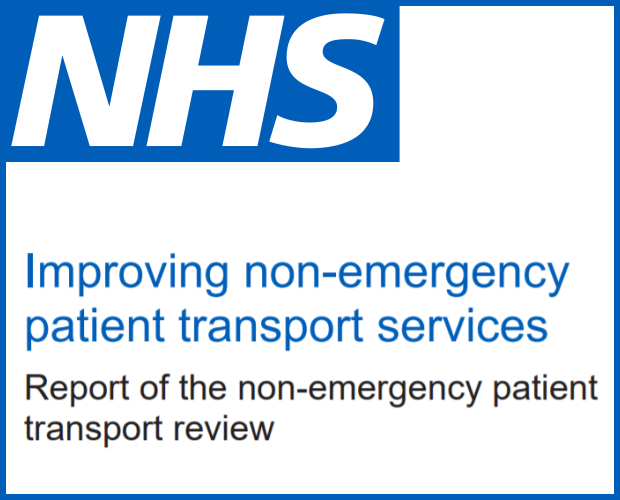T: 01822 851370 E: [email protected]
Visit RSN Survey about life in rural England to find out more.
A recent State of Caring Survey conducted by Carers UK has exposed significant challenges faced by unpaid carers across the UK, revealing a distressing trend of overwhelm and inadequate support. The survey provides a crucial insight into the lives of...
The Health Service Journal recently reported on NHS England figures. HSJ findings suggest “people in some more rural areas are missing out on specialist treatments they should be getting, while Londoners are receiving a lot more than their fair share”....
NHS England has released the following report at the beginning of August:Improving non-emergency patient transport services - Report of the non-emergency patient transport review The review explores the service as it is currently provided, with over 11-12 million patient journeys...
The BBC reports on complaints around social care services in rural areas due to a lack of staff and high mileage costs. More than 80 eligible people in Cornwall currently have no council-funded care, according to Cornwall Council, which says...
English councils have called on the government to provide a £5bn "income guarantee" to prevent local authorities from having to cut services as the coronavirus hits finances The County Councils Network has warned councils could lose £2.4bn as income from...
NEWSLETTER
Sign up to receive all our latest news and updates.
HOT TOPICS
Amid reduced public spending, fair resource allocation across regions is crucial. Despite a population larger than Greater London, rural areas receive significantly less funding for essential services, even though delivering these services in rural areas is more expensive.
Economic growth is widely acknowledged as essential for national wealth and prosperity and is a priority for political parties. Rural economies, employing millions and home to a higher proportion of small businesses, have potential for growth if barriers are removed.
Rural residents face distinct healthcare challenges, including limited access to transport, longer distances to medical facilities, an aging demographic, housing inadequacies, digital connectivity gaps, and difficulties recruiting health and care workers.
Rural communities are grappling with a severe affordable housing crisis, marked by high house prices, a lack of affordable housing, elevated living costs, and lower incomes, threatening their sustainability and vitality.
Transport is vital for the quality of life and economic health of rural areas, yet it faces challenges such as infrequent public bus services and less Government funding compared to urban regions.
Rural areas, encompassing a substantial portion of England's population and land, play a pivotal role in combating climate change and achieving the net zero target.
In an increasingly digital world, the lack of robust digital infrastructure in rural areas severely limits access to crucial services and stifles economic growth.
A future-focused vision for rural communities involves not just building the right homes in the right places but also ensuring thriving, sustainable communities.
SIGN UP TO OUR NEWSLETTER
Sign up to our newsletter to receive all the latest news and updates.








